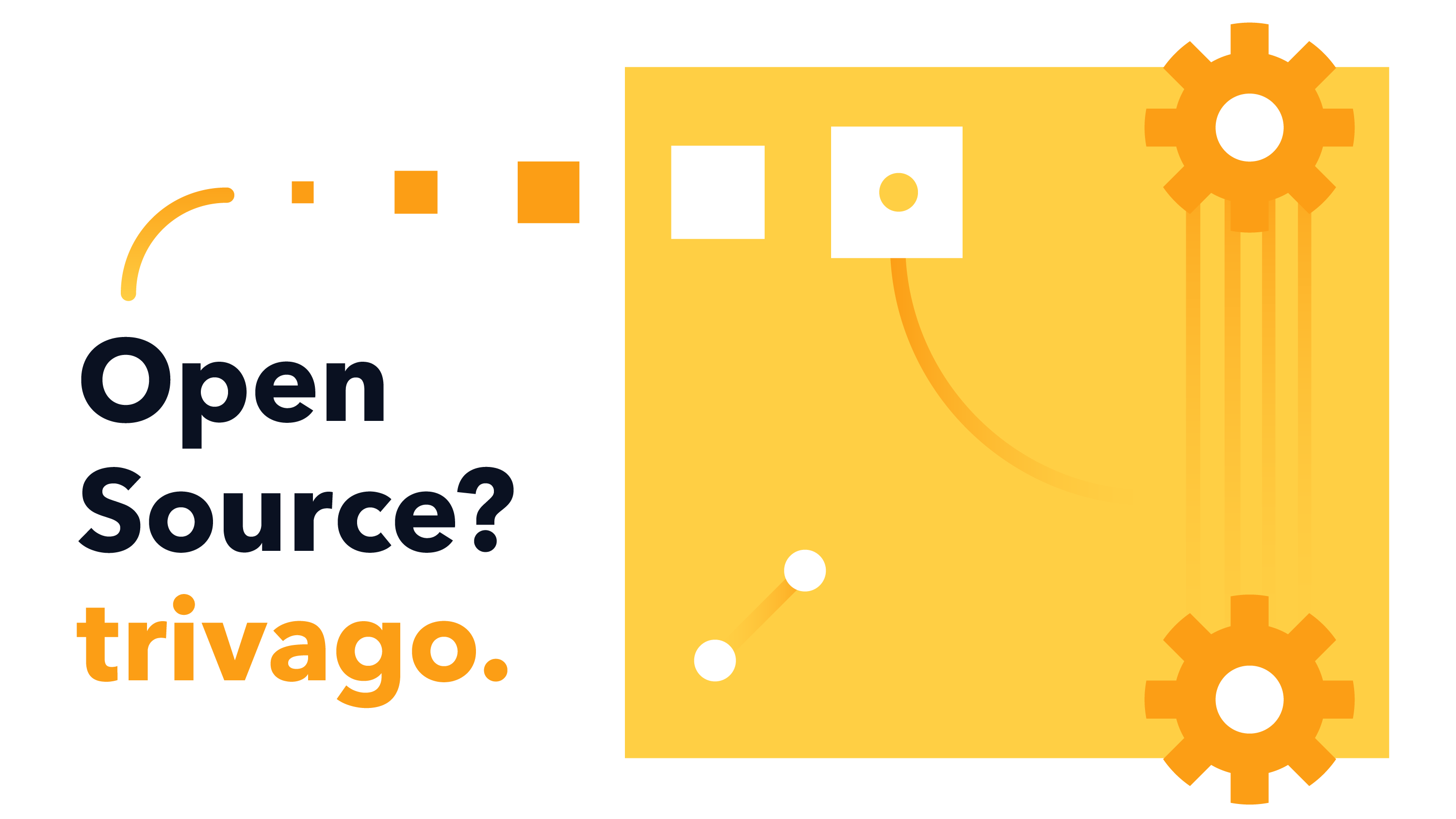trivago is the home to 500+ tech specialists from all corners of the globe – each with their own unique background and story of how they ended up here. Our trivago Tech Check-in series focuses on individual engineers' experience during their time at trivago. In this edition, you'll meet Mohammad Abed – a frontend software engineer who has been with trivago for 11 months now and is working on our Express Booking product.













Follow us on